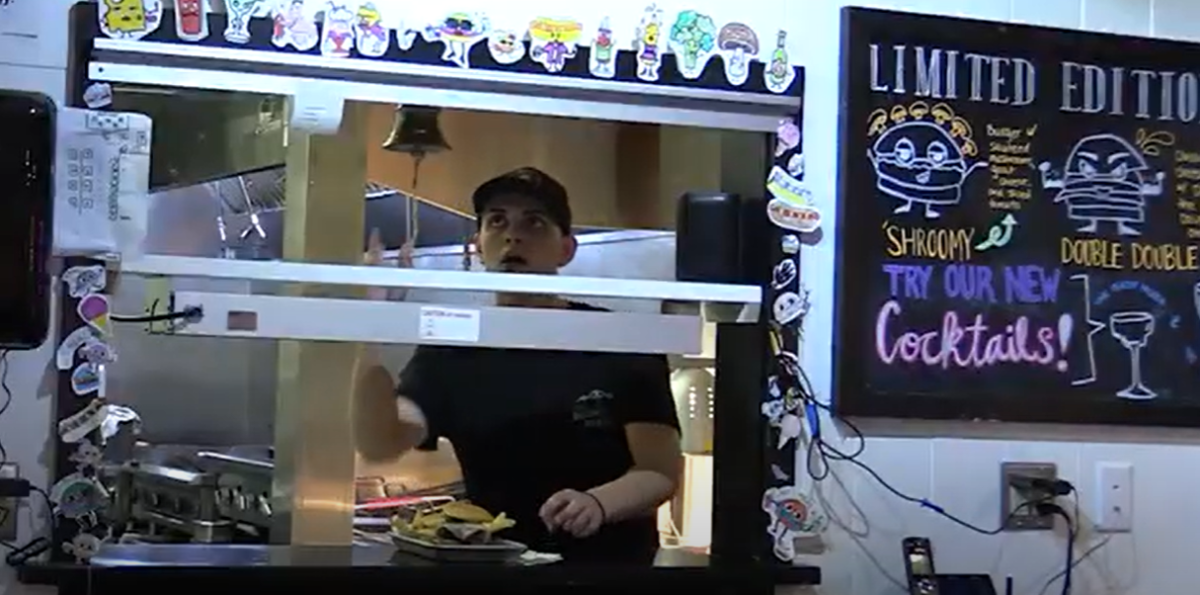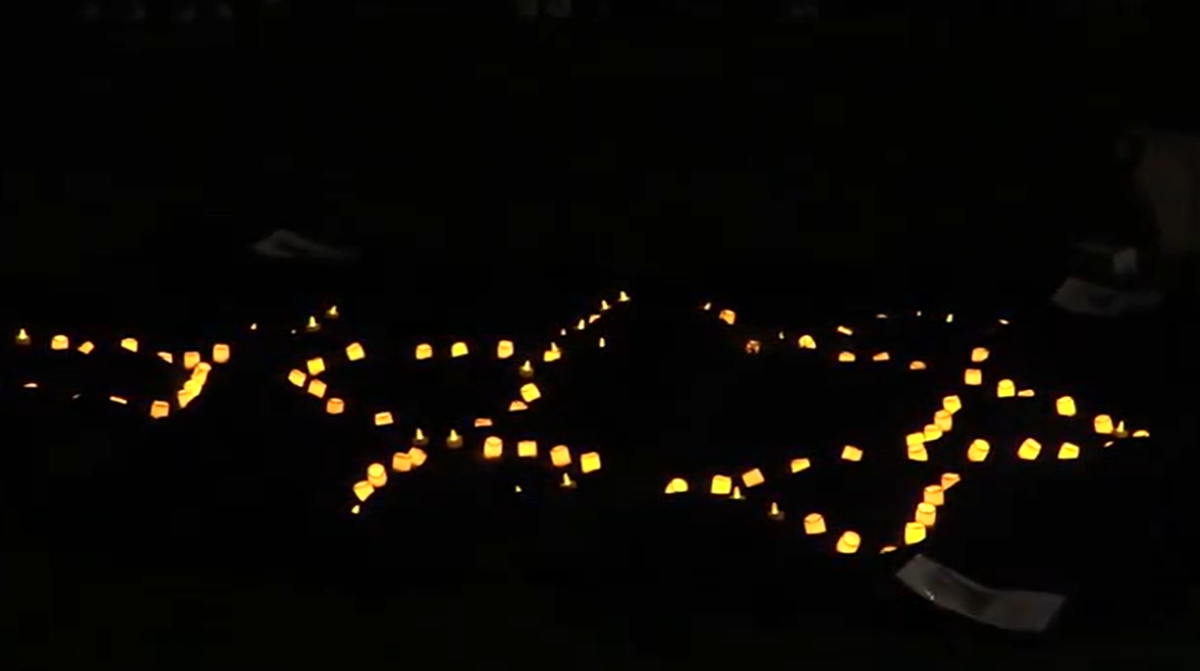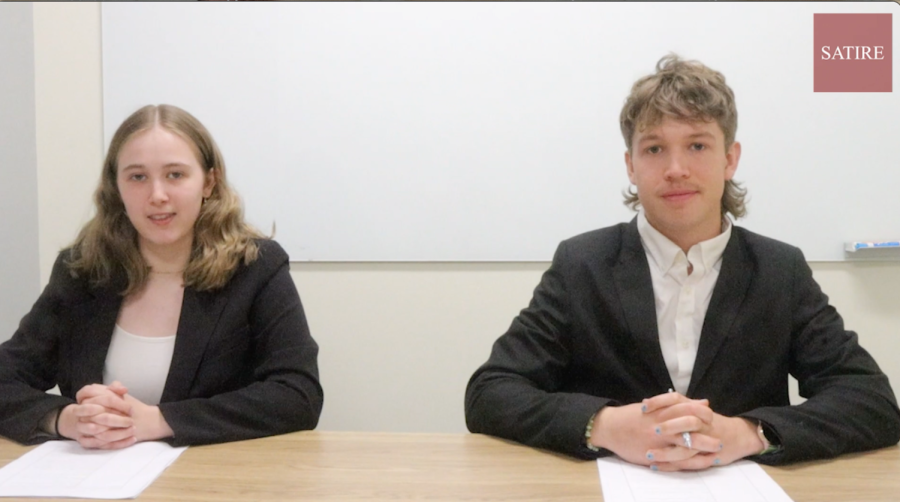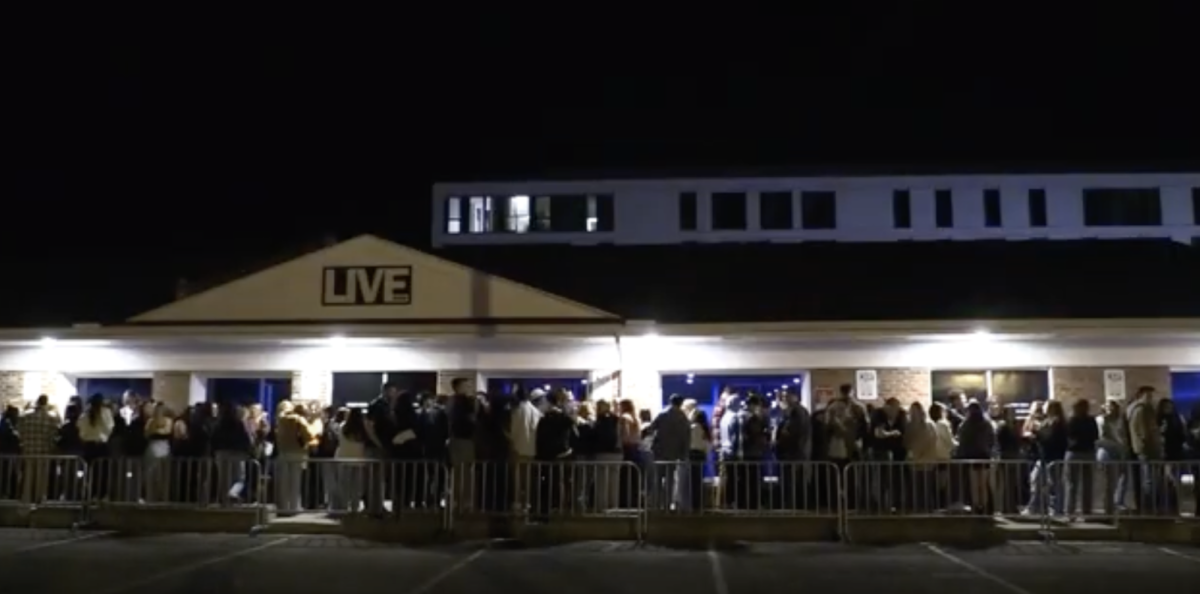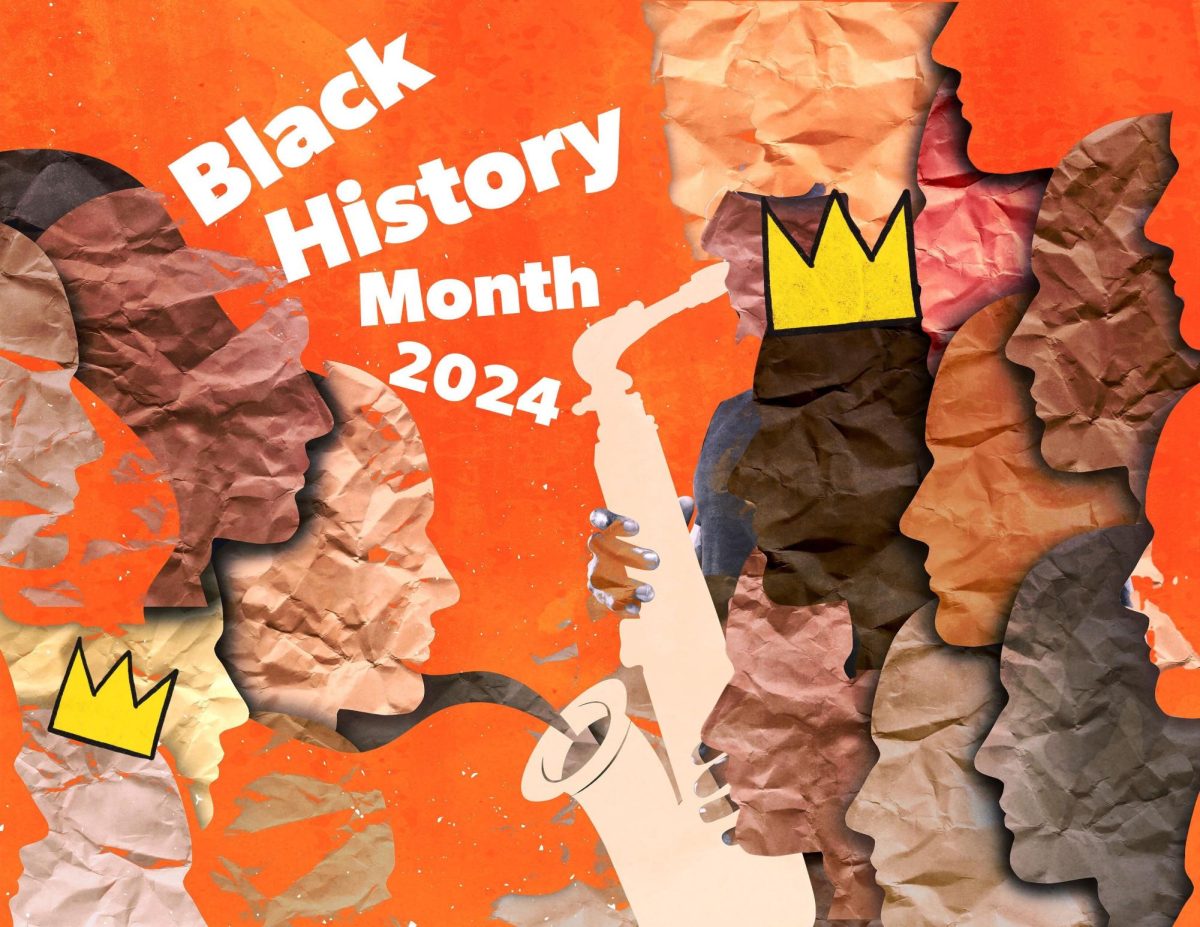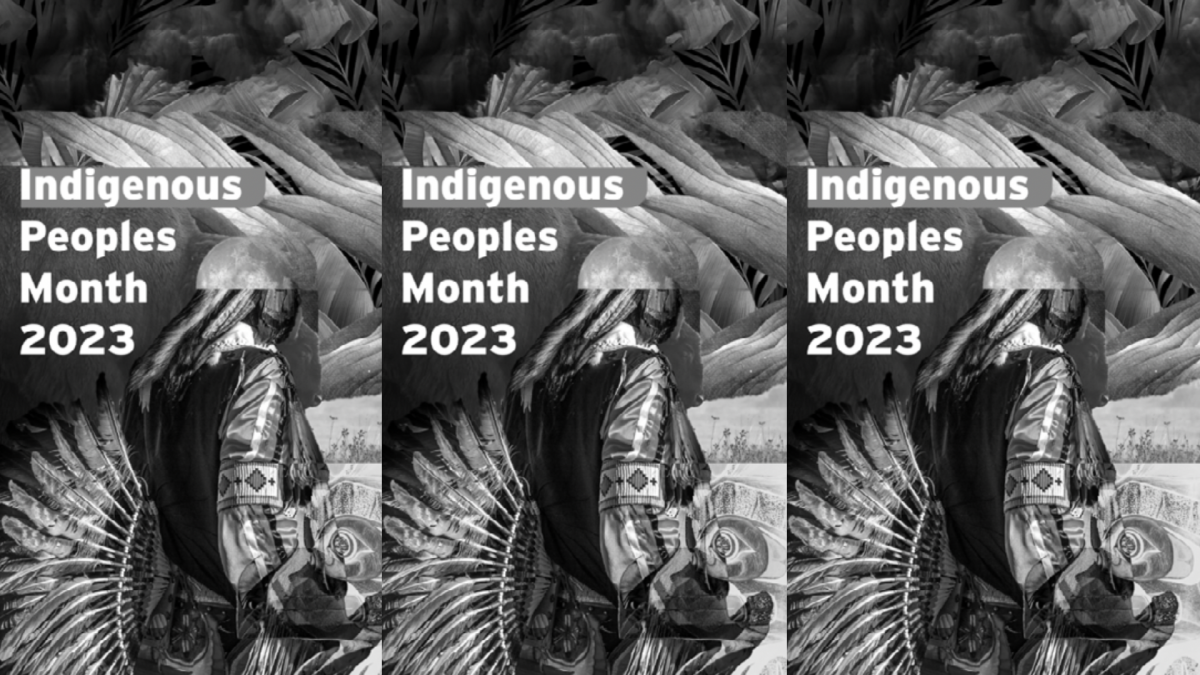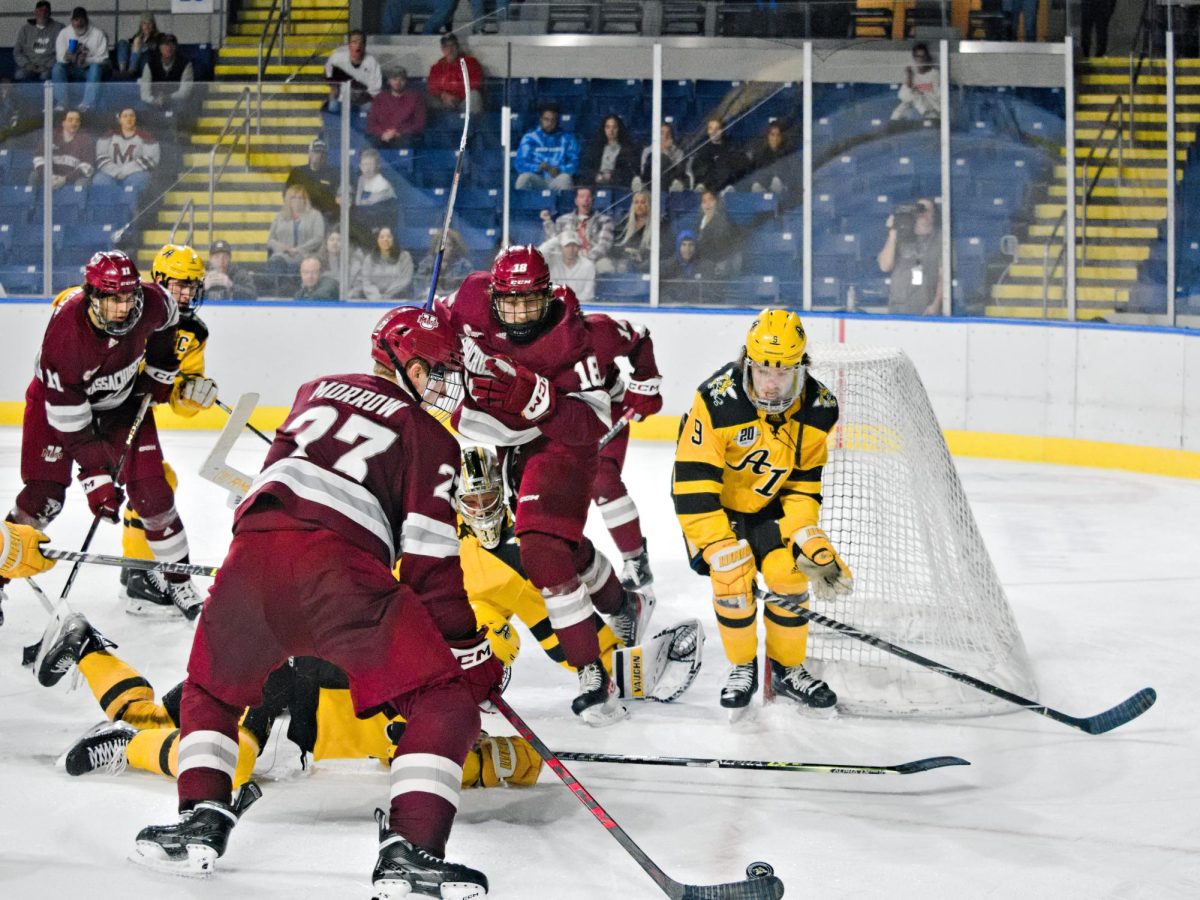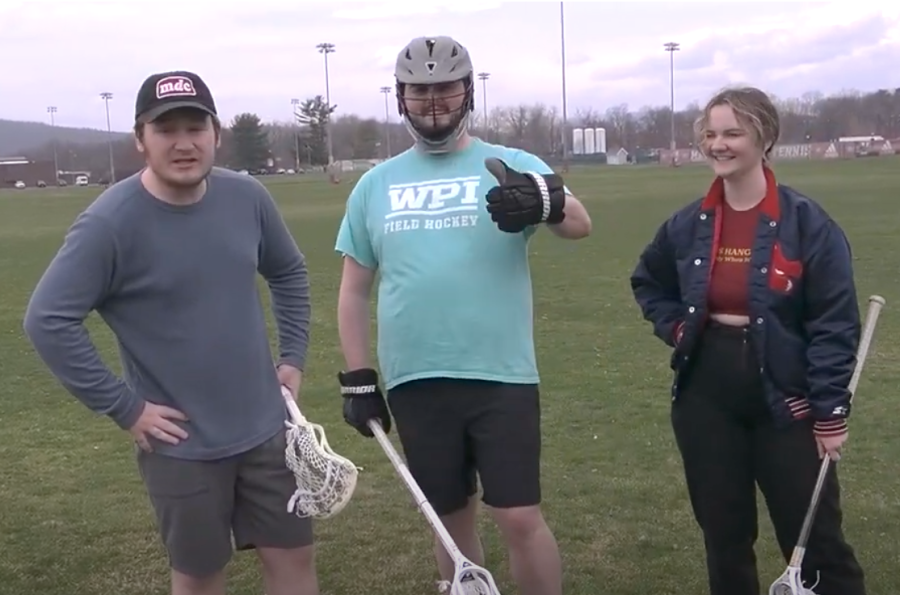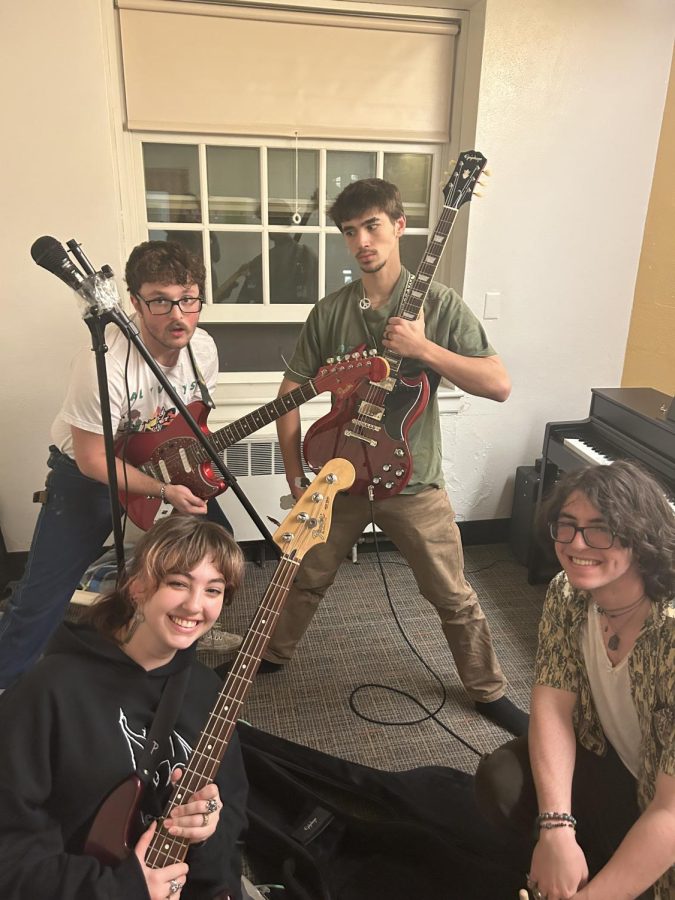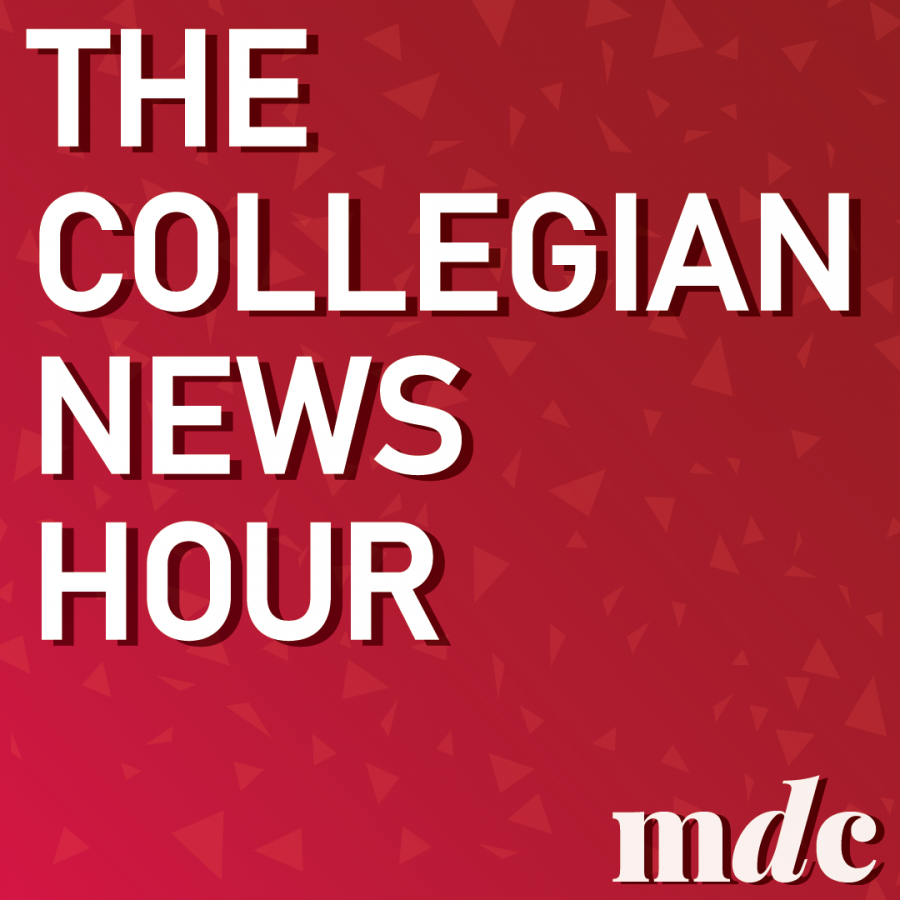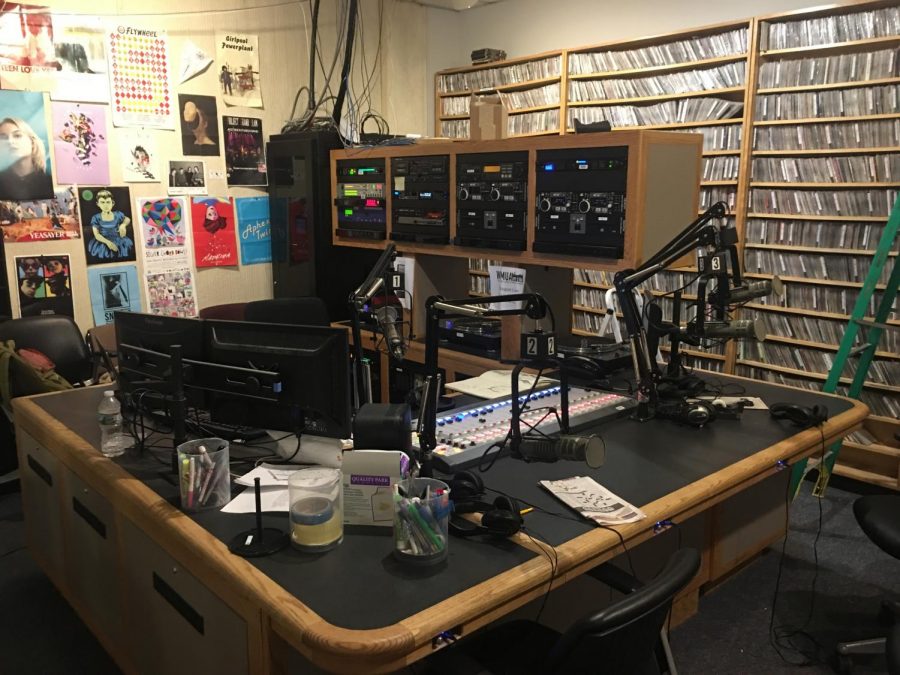CLICK HERE to listen to WMUA’s coverage of Mission Still Unaccomplished
TRANSCRIPT:
[On Nov. 14,] a range of student organizations set up a sprawling event in the cape cod lounge called Mission Unaccomplished. The title refers to the University’s own mission statement — which basically says an education here should be easily attainable for everyone. At times, a serious subdued look at where these students believe the school has failed and at others times a fiery plea for inclusion and justice, the event covered issues from privatization to greater acceptance and retention for students of color.
More than once, these two issues intersected.
“Who are you actually admitting to this institution? People who are from other countries. Why? Because you want to get more money. Out of state students? You want more money. Your priority is not access any more. It’s not access. It’s capitalism. How much money can we rake up? How can we become private? How can we be more, quote unquote, prestigious?”
That’s Angie Tejeda, retention coordinator at Student Bridges. She leveled her criticism at the administration, saying the University has chosen to use its resources to gather students who can already easily get an education rather help poorer students gain and keep a spot.
Oscar Collins, an associate director at the Center for Multicultural Advancement and Student Success, found common ground here. He spoke of the University’s decision to merge four minority student support groups.
“Here’s the fact. When we merged all those support services, most of the staff came along with it. Most of the financial resources did not. Concretely, prior to the merger of CMASS, cultural heritage programs had approximately a $10,000 budget. This year? A $4,000 dollar budget.”
The administration came under heavy fire from speakers, but blame did not fall solely on their shoulders. The overarching problem discusses at the event was a shift in mentality leading to fewer state funds and tougher choices for the University. Here’s Dan Clawson, a UMass sociology professor:
“And we can see that in a whole bunch of ways. If we were to increase the state appropriation by 50 percent we would still be lower than we were a dozen years ago in 2000 or 2001. That’s how much they have cut funding for this university. So we need a huge boost to get back to where we used to be. And not used to be when I started teaching here used to be dozen years ago, when maybe your older brother or older sister attended this university.”
So OK, that’s what’s broken, but how can students fix it? Professor Amilcar Shabazz spoke most passionately, telling students to search their values when deciding what they want from a UMass education.
“I need those voices, we need those voices and more to make that get registered in this planning process in this definitional process of what defines a UMass education, what are we doing here. Because it’s on that statement it’s on that vision, it’s on that that, we build this plan. So we need that voice coming in.”
That’s the real message of Mission Unaccomplished, generating power through student organization. All speakers, including surprise guest Jill stein, urged students to join communities working for change as a first step towards getting the education they want.
“Because having a community to struggle with is life changing and you feel better and you work better and stronger if you’re part of a community effort, and I think that’s begging to happen here. “
Stein offered a concrete place to begin.
“One other thing to think about is running for town meeting because six or seven students in town meeting could totally change the dynamic of what happens in Amherst as a town.”
For WMUA news, I’m John O’Neil
Additional reporting for this piece was done by Patricia Murphy.



